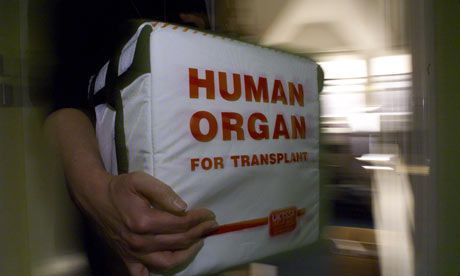Observing the changes and transformations in the transplanted patient, and finding a coherent explanation
I will describe my first experience and perception as a recent graduated nurse working in the first Chilean Team of human organ transplants (1968).
In the post-transplant follow, we observed in the patients, some unexplained sensations, and surprising transformations: Patients start to feeling strange energies, their desires, appetites, affections and interests changed, they begin to feel emotions as hate, fear or anger that have never felt before.
To observe these reactions led me to reflect on what we do as a medical team with both patients, receiver and giver of organs for transplant. What happened with that subtle matter, which we call soul, essence, spirit, beyond the physical?
Derived from these experiences was that I decided to study Past Lives Therapy, PLT. I learned and it was consistent for me that there are really subtle fields present in the receiver and that in regressive therapy is called “lost souls” or “entities attachment”.
It made me absolut sense asking the question “are there any energy intruding in your vibrational field?” And of course, I am not surprised that the answer is frequently “yes”.
Investigating deeply, the patient described depression or addiction experience that would be related to lost souls interfering with the development of life. Then I understood that when the patients are released from the strange energies, they begin to recover their health and see life from a peaceful and harmonious way.
With my experience, I am willing to share and receive cases and experiences of other colleagues who can give us their vision of the immense magnitude of the human condition.
This article is part of the March 2015 edition of «THE INTERNATIONAL JOURNAL OF REGRESSION THERAPY» that reflects the views of seven Chilean therapists, each from a different professional sphere, in their journey of learning and healing in PLT.
You can read the complete edition: http://journalofregressiontherapy.com/jrt_issue/issue-27/

